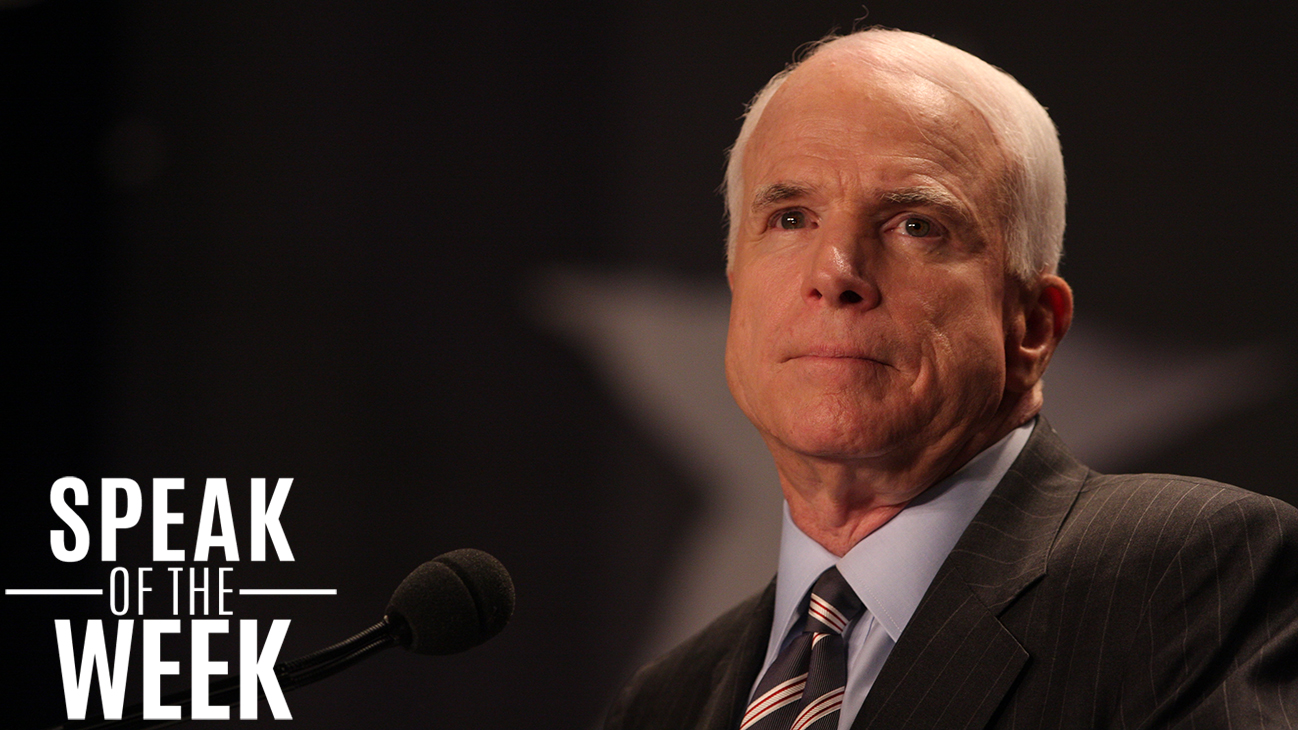
As any politician in a democratic nation knows, the press can be both a friend and foe – a friend when the front page of the paper runs a photo of you surrounded by adoring supporters and kissing their babies, a foe when the same paper later calls you out for not coming through on campaign promises, or getting caught in outright lies.
For even the most seasoned of public officials, navigating a relationship with the news can be a double-edged sword – something you need to keep yourself in good standing with your constituents, something you fear when criticism may be abound.
No matter what the tide may be, however, freedom of the press in a democracy is fundamental to the democracy itself. In the USA, the First Amendment protects freedom of the press, emphasizing that it has the right to operate “without interference, constraint or prosecution by the government.”
With this in mind, President Trump’s tweet on February 17 denouncing five established and respected media outlets as both “fake news” and the “enemy of the American People [sic]”, sent shock waves around the world. While not entirely surprising – President Trump has made no secret of his distaste for what he feels is unfavourable coverage – his labelling the press as an “enemy” was nonetheless alarming to many.
The following day, Chuck Todd, host of NBC’s Meet the Press, raised the matter with Republican Senator John McCain. “Do you believe any group of Americans is the enemy of another group of Americans?” asked Todd, after reading the Tweet aloud to McCain.
McCain didn’t hesitate in his response.
“I hate the press. I hate you especially,” he said, somewhat tongue in cheek. “But,” he went on to say more seriously, “the fact is we need you. We need a free press. We must have it. It’s vital.”
McCain explained that if America wants to preserve democracy as they now know it, they have to have a “free, and many times adversarial, press. Without it,” he said, “I am afraid that we would lose so much of our individual liberties over time.” And then he delivered perhaps his most hard-hitting statement of the interview: “That’s how dictators get started….the first thing that dictators do is shut down the press….we need to learn the lessons of history.”
By insinuating that President Trump, with his vocal distaste for the press, may well be heading down the road of seeking to block journalists and news outlets from doing their job, McCain brought clarity to the President’s possible agenda — one that some would say is in line with much of how Trump has handled his power since taking office.
With such bold commentary, McCain reasserted the role he’s played throughout much of the presidency — one of a maverick and a contrarian, unafraid to speak his mind, even in the face of offending the President himself. In doing so, he’s arguably become the most critical of all Republicans when it comes to voicing an opinion on their party’s leader. Newly re-elected and, at 80 years old, it’s safe to say that at this point, McCain may feel he has nothing to lose.
For underlining the importance of free speech to a democracy, and reminding America of the lessons of history, we chose Senator John McCain as our Speak of the Week.

